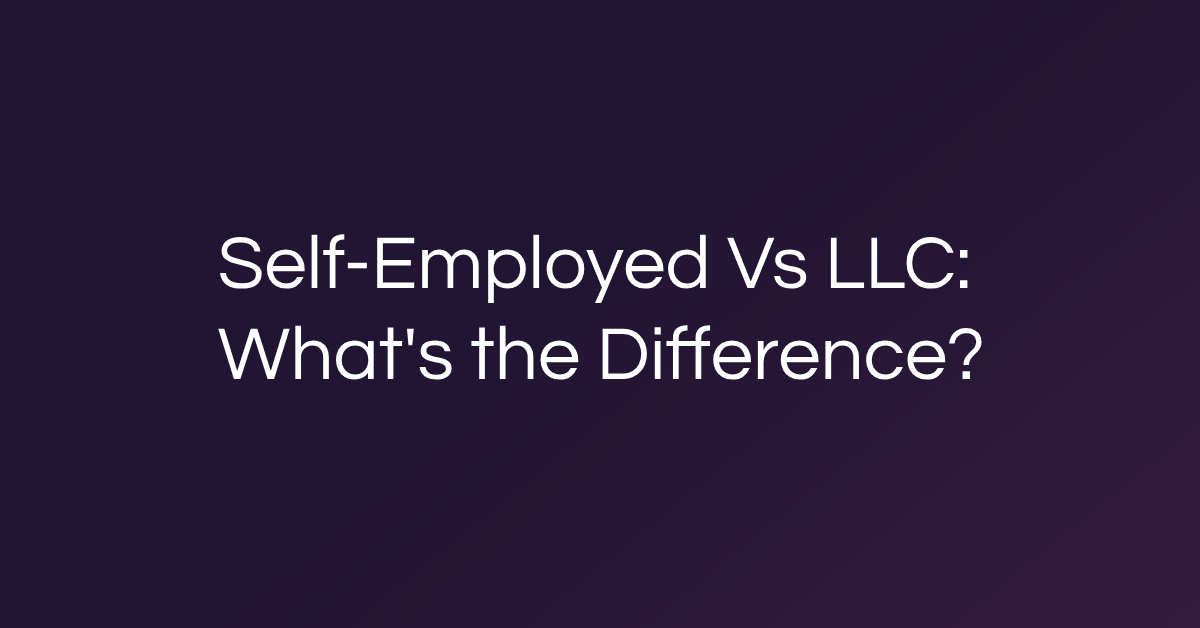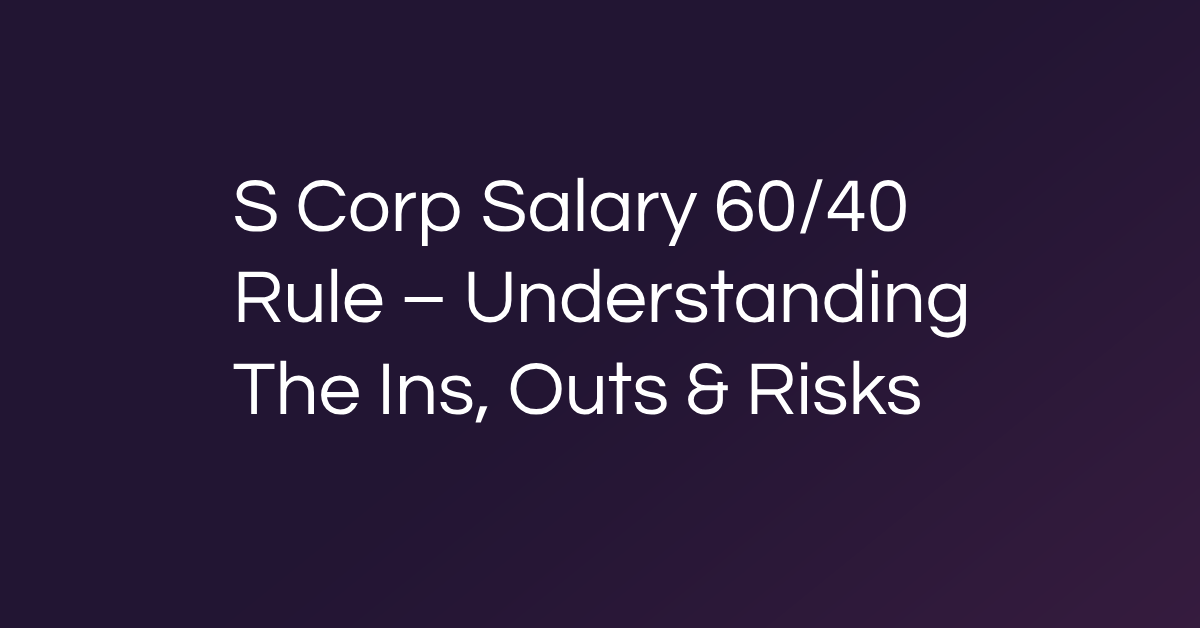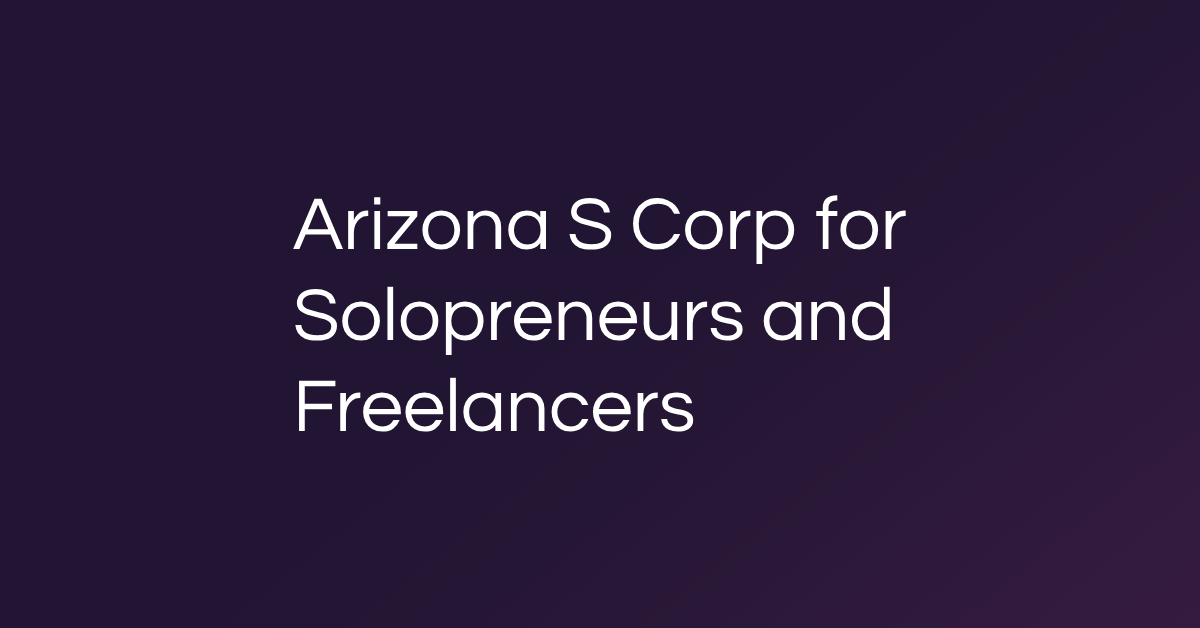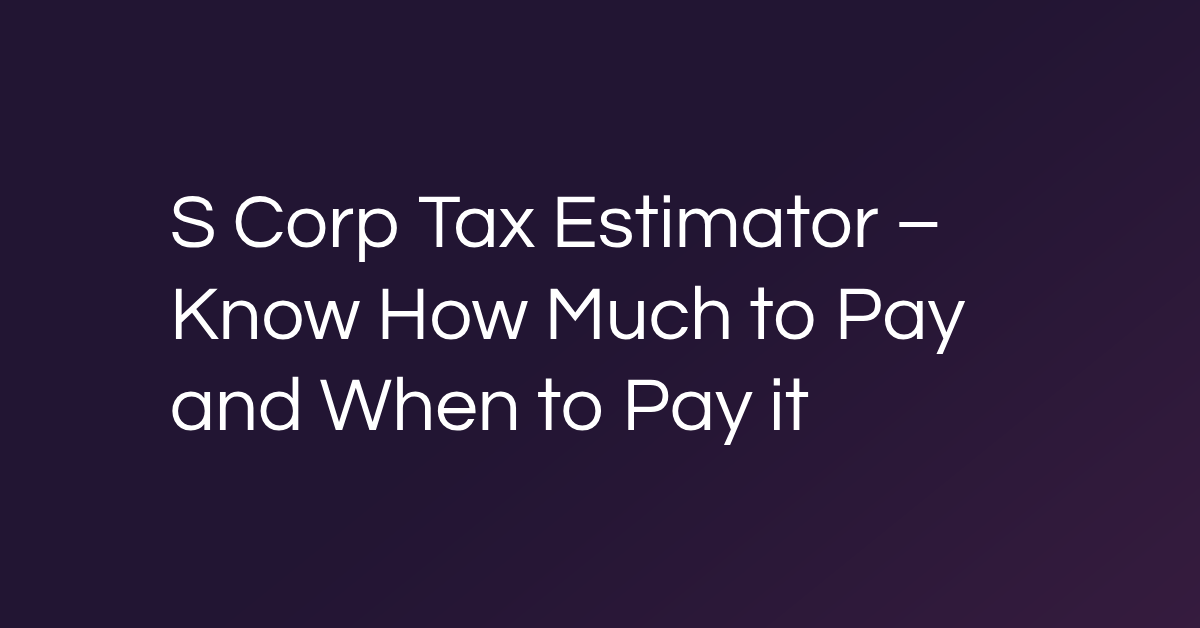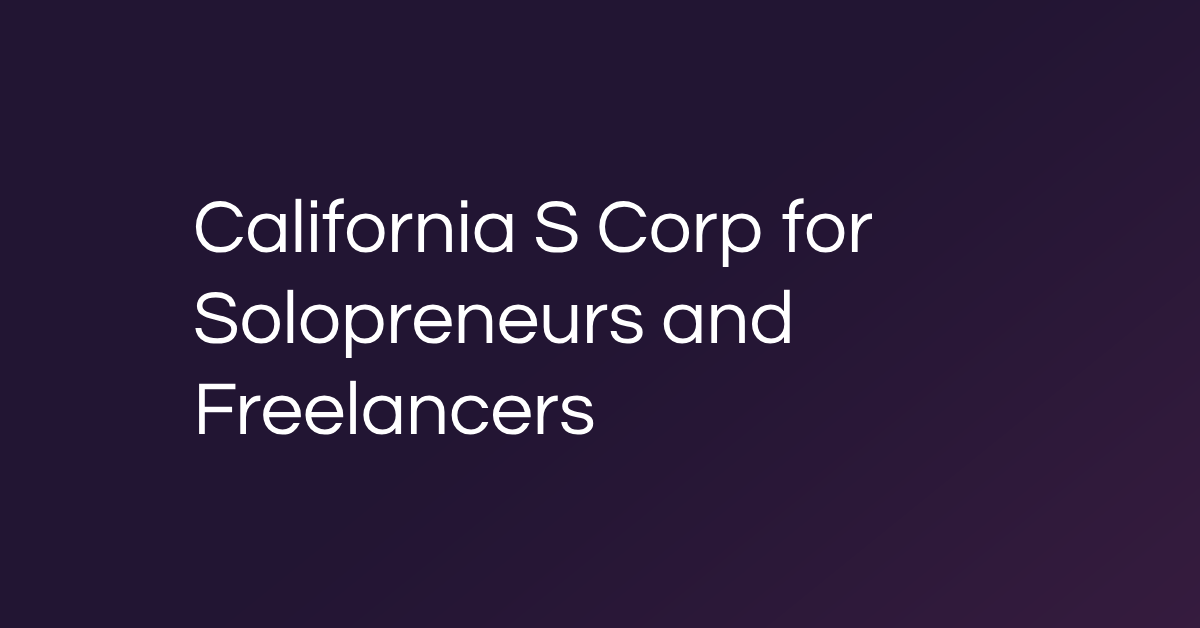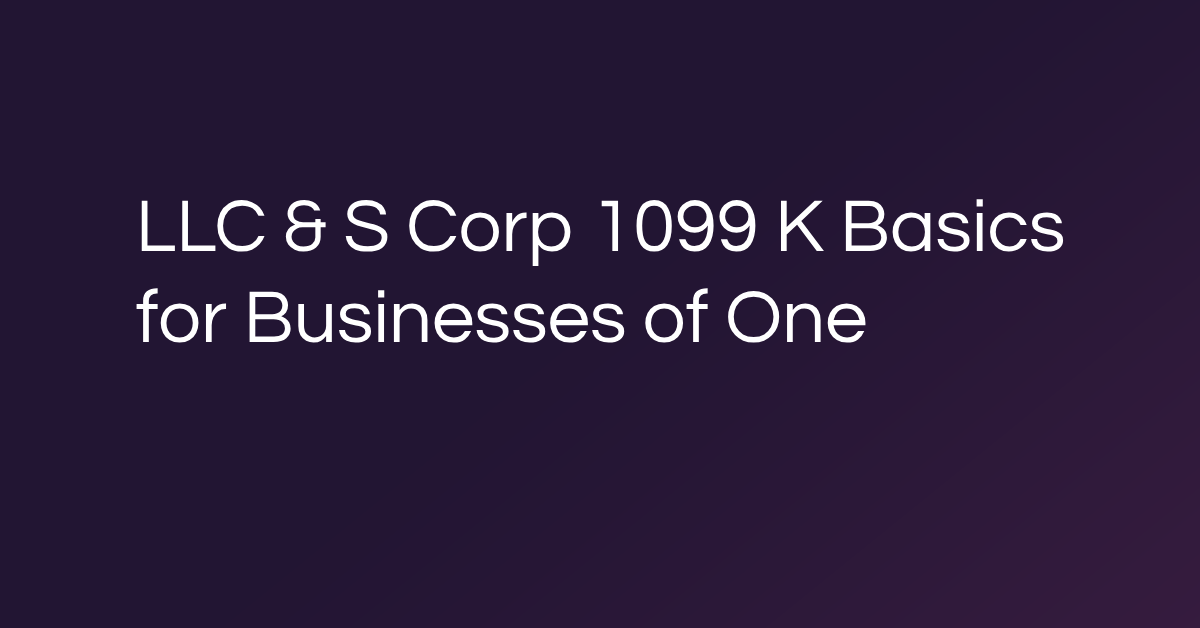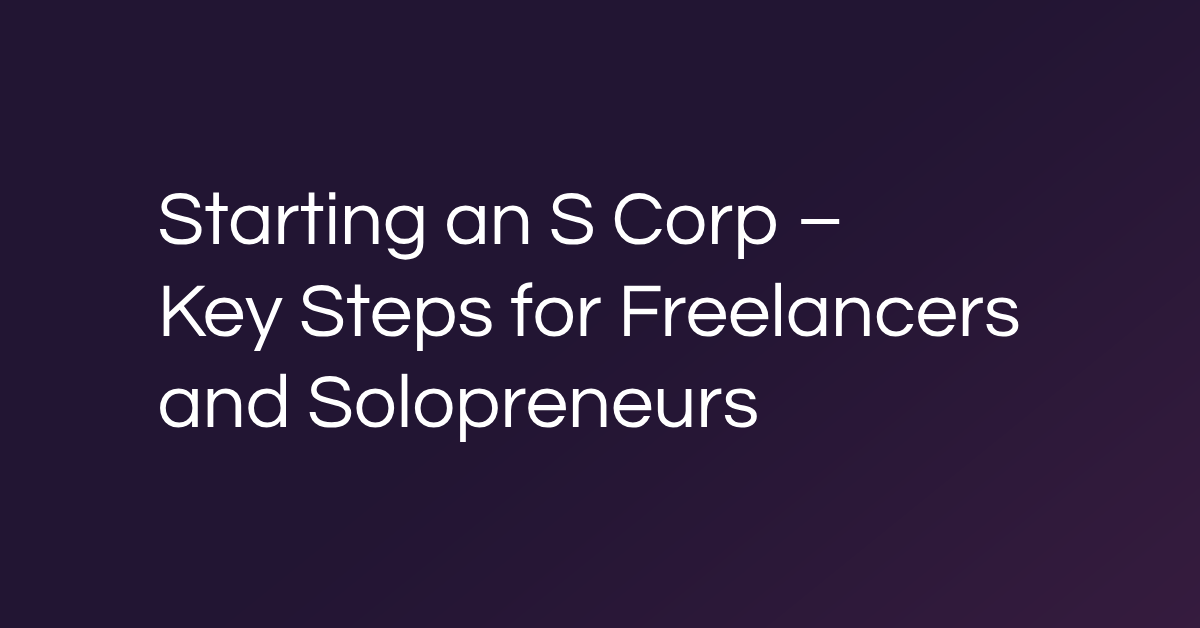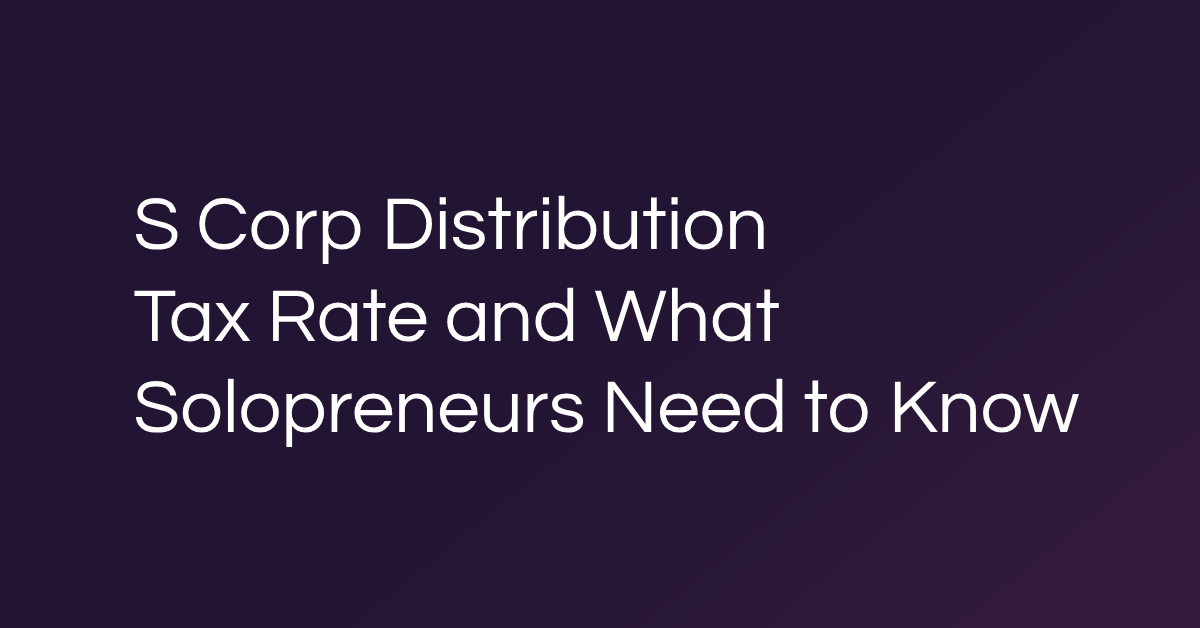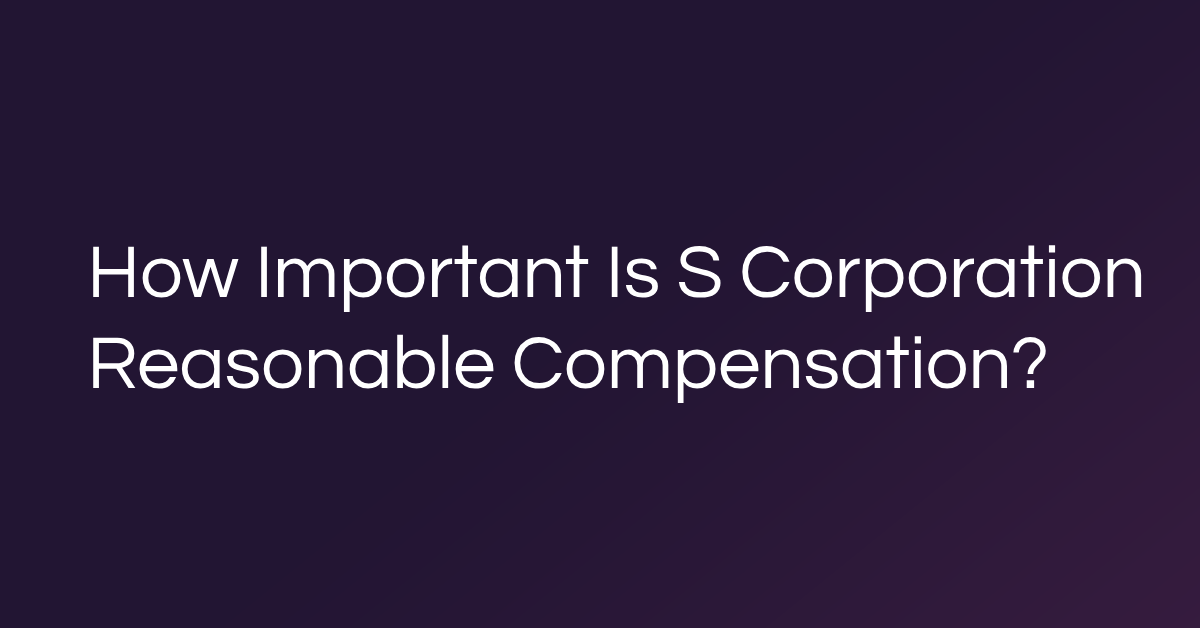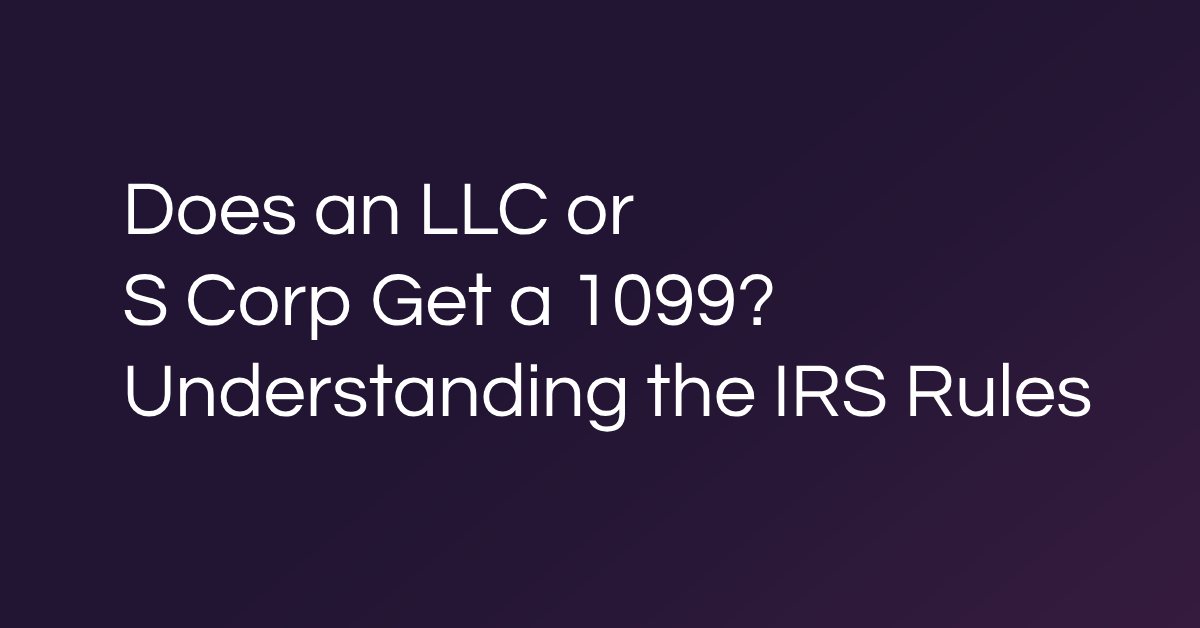Getting approved for a car loan when you work for yourself requires a bit more preparation, but it’s entirely within reach. Without a W-2 or employer to vouch for your income, you’ll need to show lenders that your business is stable, your financials are clean, and your credit is solid.
If you’re navigating self-employment and planning a big financial step like buying a car, you’re not alone. Uncover the strategic steps self-employed pros use to navigate the loan process smoothly—no guesswork, just smart documentation and planning.
Understand the common challenges
Self-employed professionals can qualify for car loans, but lenders need more proof of income stability.
Here’s why approval can take extra prep:
- Freelance income may look inconsistent, even if it’s strong
- Lenders tend to favor steady W-2 paychecks
You’ll likely need to provide:
- Tax returns
- Business bank statements
- Proof of business registration
Documents that may support your application
When you’re self-employed, strong documentation makes all the difference. Unlike traditional employees, you don’t have pay stubs to verify income, so lenders rely on other proof points to gauge financial stability.
Tax returns from recent years
Most lenders want to see at least two years of personal and business tax returns. These help demonstrate consistent income and responsible reporting. You’re in a stronger position if your returns show steady or growing profits.
You may also need an Employer Identification Number (EIN) to verify your business identity. Keeping your documentation organized can reduce stress and speed up approvals. Tools like Besolo’s tax tracking platform simplify this process year-round.
Business & personal bank statements
Lenders often request 3–12 months of statements to validate deposits and cash flow. Consistent income, low overdraft activity, and healthy reserves signal financial health.
Proof of business activity or registration
If you operate as an LLC or S corp, provide your formation documents or operating agreement. Invoices, contracts, or client payment records can help sole proprietors validate business operations.
Check your credit and financial profile
Your credit history plays a significant role in the loan approval process. For self-employed applicants, lenders look beyond income to understand your overall financial behavior.
Credit score and credit history
A strong credit score signals reliability. Most lenders prefer a score of 670 or higher, but requirements vary. Consistently paying bills on time and keeping credit utilization low strengthen your application.
Debt-to-income ratio
This metric compares your total monthly debt to your gross monthly income. A lower ratio means you’re managing debt responsibly. Solopreneurs can improve this number by paying down credit cards and avoiding new loans before applying.
Savings or a down payment
A larger down payment reduces the lender’s risk. It also increases your chance of approval and may qualify you for better rates. If your income fluctuates, reserves can also serve as a financial cushion that lenders value.
Consider using auto loan comparison tools to research financing options and rates that match your credit profile.
Check your credit and financial profile
Even with substantial income, your creditworthiness plays a significant role in car loan approval. Lenders look at your overall financial picture—not just how much you earn, but how reliably you manage money.
Credit score and credit history
Your credit score is one of the first things a lender evaluates. It influences the interest rate they will offer (if you’re approved).
- Aim for a score above 670 for better approval odds and rates
- Review your credit report for errors or outdated information
- Pay down revolving debt and avoid new hard inquiries before applying
Debt-to-income ratio
Lenders want to see that you can handle a new loan without overextending. Your debt-to-income (DTI) ratio measures how much of your monthly income goes toward debt.
- Ideally, keep your DTI under 36%
- Lower your DTI by increasing your income or paying off outstanding debts
- Use this ratio to determine a realistic loan amount before shopping
Savings or down payment
Cash on hand proves you’re financially stable and invested in the purchase. It also reduces the loan amount, which lowers risk for lenders.
- Save for a down payment of at least 10–20% – more the better to decrease debt to income ratio if thats an issue
- Set funds aside for taxes, insurance, and registration fees
- Use Besolo’s admin tools to track your income and cash reserves accurately
Know your lending options
Securing a car loan as a self-employed professional doesn’t mean limiting yourself to traditional banks. A wide range of lenders now serve independent workers, but each comes with different expectations, approval criteria, and rates. Knowing your options helps you match your financial profile to the right lender.
Traditional banks and credit unions
These lenders often offer competitive rates, but their underwriting standards can be more rigid.
- May require two or more years of consistent income documentation
- Often prioritize W-2 income and may scrutinize self-employed applicants
- You may need a stronger credit profile or a higher down payment to qualify
Exploring loan programs available through traditional lenders can show what documentation they typically expect.
Online lenders or marketplaces
Digital lending platforms may offer greater flexibility for non-traditional income.
- Faster application process with streamlined documentation
- Some lenders specialize in gig workers or freelancers
- Rates can be higher, so compare terms carefully
Financing through the dealership
Car dealerships often provide in-house financing, but with trade-offs.
- May offer promotional rates or lower credit requirements
- Can bundle financing with vehicle purchase, making it convenient
- Watch for upsells and inflated terms–always read the fine print
Strategies that may improve approval odds
Smart preparation can boost your chances of approval, especially when lenders need extra assurance.
Improve your credit or reduce your debt ahead of the application
Lenders assess your credit score, payment history, and debt load to determine reliability. Improving these areas before applying can make a measurable difference.
- Pay down revolving balances to lower your credit utilization
- Avoid new debt in the months leading up to your application
- Correct any errors on your credit report early
Financial clean-up doesn’t just improve your odds—it often helps you qualify for better terms.
Save for a larger down payment
A larger down payment lowers the loan amount, reducing the lender’s risk. This can offset concerns about variable income and help you negotiate better interest rates.
- Aim for 10–20% down if possible
- Set aside cash regularly from business income
- Use small business tax deductions to free up cash flow
Compare lenders familiar with self-employed borrowers
Not all lenders underwrite self-employment the same way. Seek out those who specialize in working with entrepreneurs and freelancers—they often accept alternative documentation and provide more tailored underwriting options.
Drive your business forward with smarter financial systems
Getting a car loan when self-employed doesn’t have to be a roadblock. With clean documentation, strong credit habits, and a little preparation, you can position yourself as a confident, credible borrower.
Besolo helps you stay financially organized with tools that track income, simplify taxes, and create exportable reports. This makes big financial moves like car financing less stressful and more successful.
Explore how our Self-Employment OS helps you run your solo business like a pro, from the back office to the driver’s seat.


